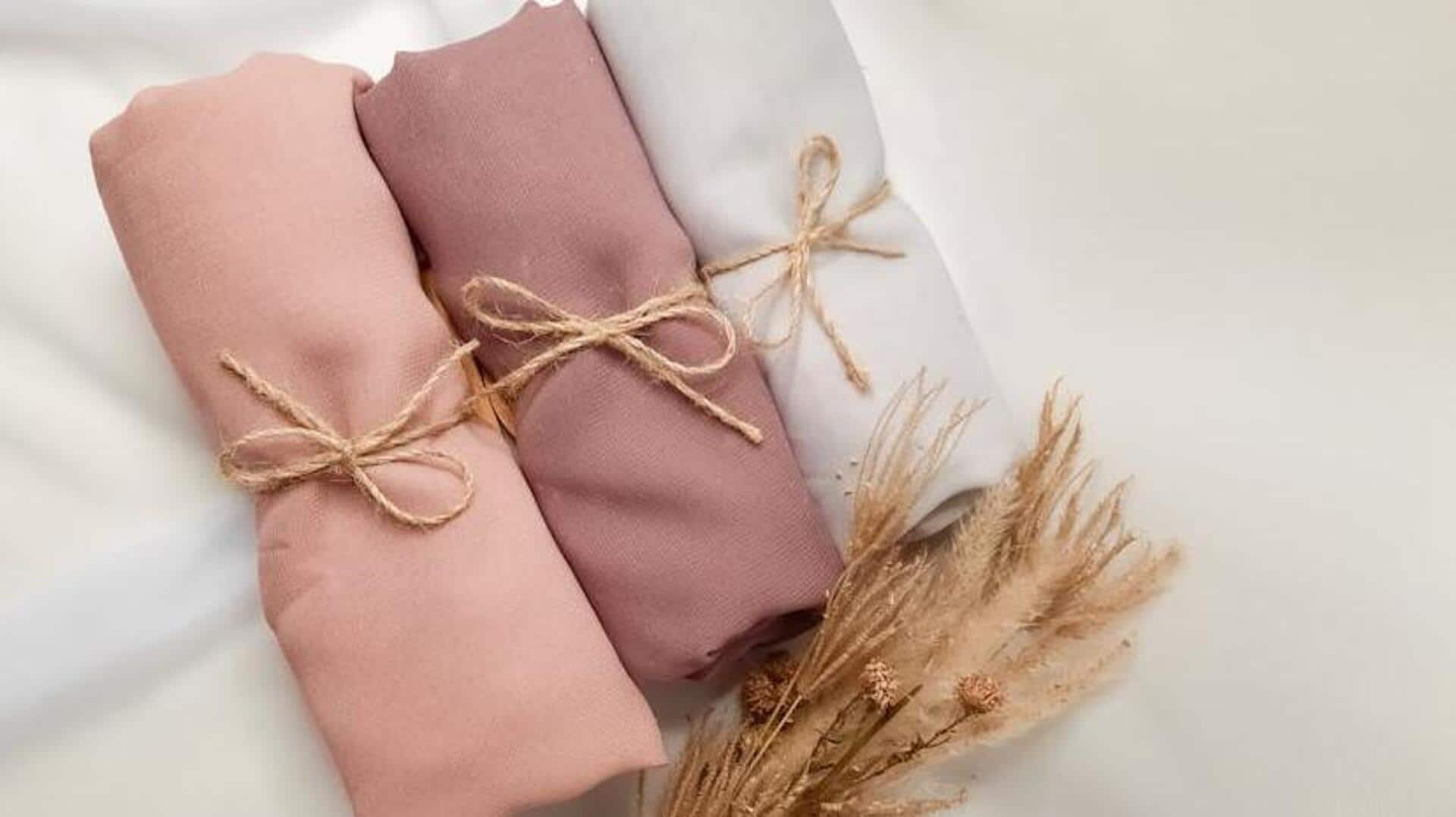
Sustainable chic for baby showers
What's the story
Baby showers are all about celebrating new life and making memories! Traditionally, everyone dresses up in something fun and comfy to match the happy vibe. But, with everyone trying to be a bit greener these days, it's all about sustainable fashion. This article shows you how to rock the baby shower scene with sustainable fabrics. You'll look great and feel even better knowing you're doing your part for the planet!
Fabric choices
Embracing eco-friendly fabrics
Opt for organic cotton, linen, bamboo, or Tencel when selecting baby shower outfits. Organic cotton eliminates the use of toxic pesticides, linen is naturally biodegradable, bamboo regenerates rapidly and is highly efficient at absorbing CO2, and Tencel is produced sustainably from wood pulp. These materials are not only eco-friendly but also kind to the skin.
Design selection
Stylish yet sustainable designs
Choosing sustainable fabrics doesn't have to be a sacrifice in style. Many designers are now creating trendy pieces with eco-friendly materials at the forefront. Opt for versatile designs that can be worn beyond the baby shower to ensure you're getting the most use out of your garment. A-line dresses in organic cotton or a bamboo fabric top with a linen skirt can provide comfort without sacrificing fashion.
Wardrobe options
Renting over buying
Consider renting your lehenga instead of purchasing new. This way, you're not only minimizing waste but also getting the chance to wear designer lehengas for much less. Platforms like Flyrobe, Stage3 and Rent It Bae offer a variety of options in sustainable fabrics, catering to different tastes and sizes. By renting, you're supporting a circular fashion economy, which helps to prolong the lifespan of garments.
Garment care
Care tips for longevity
To maximize the longevity of your sustainable clothes, pay close attention to care instructions. Opt for cold water washes and air drying, skipping the energy-consuming dryer. Plus, avoid harsh chemicals. Not only will these practices prolong the life of your garments, but they also minimize energy and water consumption, further supporting your eco-friendly efforts.